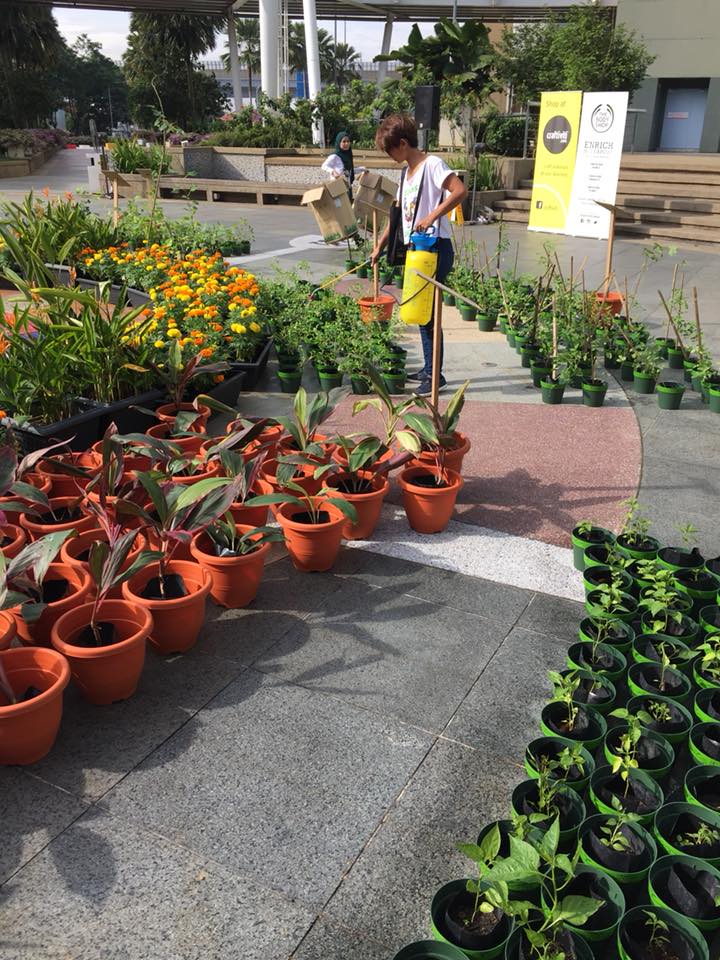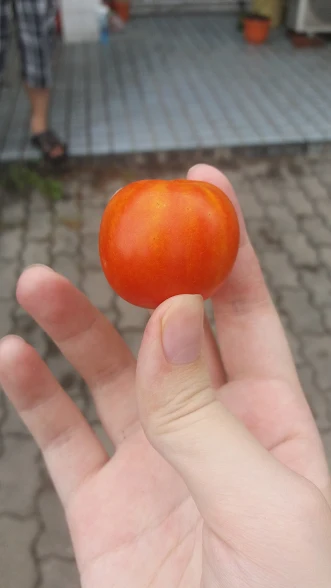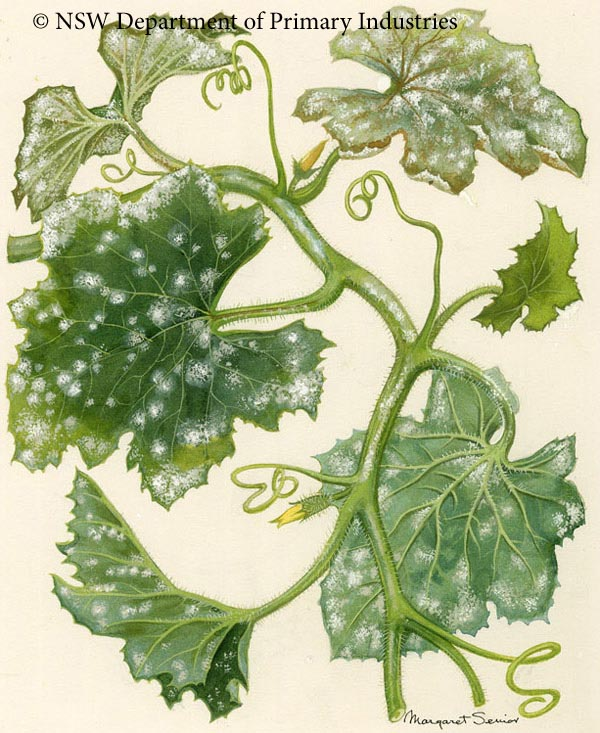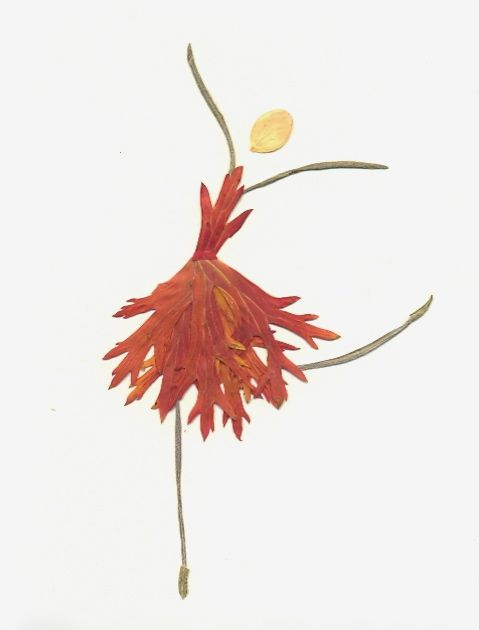by Samantha Chang
Earlier this January, the fact that I was going to turn 20 this year hit me like a ton of bricks. In my eyes, I was a child trying on adult-sized pants, and I was vastly unprepared to face the real world. So like any teenager facing a quarter-life crisis, I rushed to do anything that promised to help me make sense of life.
As chance would have it, I was scrolling through Facebook one midnight when I came across Free Tree Society’s announcement that they would be giving away, well–free trees!

For some reason, sleep-deprived me was convinced that growing a plant would be exactly what I needed to get my life in order. I figured it would teach me how to be responsible for something other than myself and I needed to feel as though I was giving back to the world in a positive way, no matter how small. So by the next morning, I dropped by the nursery, and lo and behold, I had a tiny tomato seedling under my custody.
Five months have passed since then, but growing this little guy has been an emotional rollercoaster. While the experience was rewarding, there were still some undeniably contentious moments. All that said, these good and bad moments alike have taught me some unexpected lessons–not about gardening, but about life.
1) Transitional phases will be tough
In the beginning, it was delightful to watch the plant growing taller and creeping higher and higher towards the sun each day. But before I knew it, it got really big, a bit too big— and I realized it needed a bigger pot, or else it wouldn’t flourish.

The thing about tomato plants is, they are quite sensitive to change – especially when they are young. While repotting it, I had to make sure not to disrupt its roots system and stem, which required me to be agile yet careful. I knew if I made one wrong move, it could experience transplant shock and would not survive.
I find that comparable to our own transitional phases – such as the awkward limbo between teenagehood and adulthood that a lot of us are in right now. There will come a time when the world demands more from us and we will be forced to leave behind the old roles we’re so used to playing – and it can be terrifying. And though it would be easier to just stay in our comfort zones, we would stagnate and wilt and never reach our full potential. Change is going to hurt; it’s going to be uneasy and all sorts of things can go wrong, but once we brave it, we will develop exponentially.
2) Give yourself time
Most days crept by mundanely while I was waiting for the plant to grow. Taking care of it consisted of a boring routine: water, prune, fertilize and water. Gardening wasn’t quite what I first imagined – I had this mental image of me lording over my empire of tomatoes, when in actual fact, the tomatoes only came after days and days of dull labor.
But I kept at it, and sure enough, my efforts repaid me. Day by day, it seemed like nothing changed. A week or two in and I started to notice an extra shoot here and there. But all those days and weeks added up, and soon enough it was half my height and it was blossoming flowers, which promised fruit to come.
Eventually, tomatoes did happen. And my first bite into a freshly-plucked, vine-ripened tomato made me remember why I did this in the first place: the final product was more complex in taste than anything I’ve ever found in the grocery store – It felt like I had the sun in my mouth.

And I think that’s self-improvement in a nutshell. In the beginning, we get enraptured by the idea of achieving something and we get a rush of motivation from it – but eventually we run out of steam, because we realise that most of it is pure drudgery. But now whenever I get frustrated with my progress on a skill or a project, I recall how long it took to grow this plant – how much effort I had to pour into it before I could reap its rewards.
3) You will have to struggle against some things your whole life
One day, I noticed with alarm that white spots were starting to appear on the back of the leaves; they were causing whole branches to wilt. After an hour of furious googling, my diagnosis was powdery mildew, a fungal disease that affected tomato plants. I tried all sorts of treatments but they didn’t work, which meant all I could do was to constantly prune it to make sure it didn’t spread or get too serious. I realised that my plant was fighting a chronic illness.

In life, we will go through events that mar us forever – sometimes it’s physical, like diseases or hereditary conditions, and sometimes it’s psychological baggage. None of us are spared from loss, grief, and shame. Sometimes we heal, but sometimes we have to spend our whole lives contending with these things – and that’s okay, so as long as we keep trying.
4) Life thrives after all

Yet despite all the trouble and ailments and close calls, life will find a way to prevail. Despite the powdery mildew and despite having its main stem snap at one point, this plant fought hard to survive my first-time gardener woes. Growing this plant has gave me a lot of perspective on life: human beings are complex and we muddle up our own minds and make things difficult for ourselves, but plants are life in essence – they’re elegantly simple. They live for life’s sake, which – although sounds stupidly easy to do – is an art that remains elusive to us humans.


